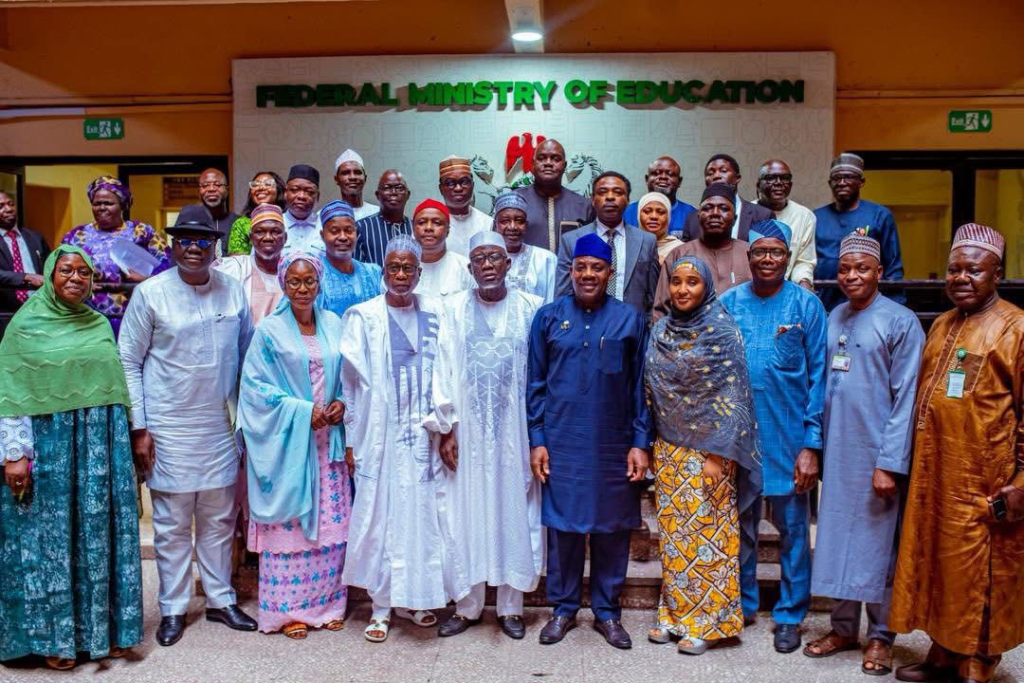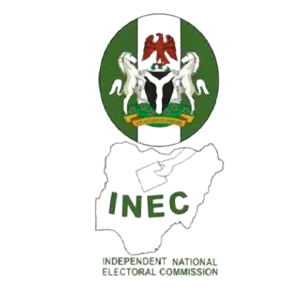
The Federal Government of Nigeria has officially responded amid preparations by the Academic Staff Union of Universities (ASUU) for a nationwide strike threatening to disrupt the academic calendar.
At a recent press briefing in Abuja, the Minister of Education, Dr. Tunji Alausa, disclosed that the government has entered the final phase of negotiations with ASUU and other tertiary education unions to resolve lingering issues.
Dr. Alausa revealed that the Federal Government has constituted an Expanded Negotiation Committee, led by Mahmud Yayale Ahmed, to fast-track discussions with all academic and non-academic unions in universities, polytechnics, and colleges of education.
This coordination aims to harmonize efforts that were previously fragmented across three separate committees.
Highlighting the administration’s commitment, Alausa noted that President Bola Tinubu has unequivocally instructed that Nigerian students must continue their education without disruption.
The government has taken steps including releasing N50 billion for earned academic allowances and allocating N150 billion in the 2025 budget for university revitalization projects, demonstrating sincerity in addressing ASUU’s demands.
Despite these efforts, ASUU has issued a 14-day ultimatum to the government, warning of a potential two-week nationwide strike if unresolved issues persist.
The union accuses the government of neglecting the university system and repeatedly failing to honor past agreements, attributing long-standing disputes to unfulfilled promises on improved funding, welfare, and infrastructure.
The Federal Government continues to appeal to ASUU to shelve the proposed strike and engage in constructive dialogue.
Officials emphasize that the expanded negotiation committee will soon present a counter-offer aimed at settling disputes and restoring stability in Nigeria’s tertiary education sector.
This development signals a critical moment in Nigeria’s efforts to balance economic realities with the urgent needs of its academic institutions to ensure uninterrupted learning for millions of students nationwide.






